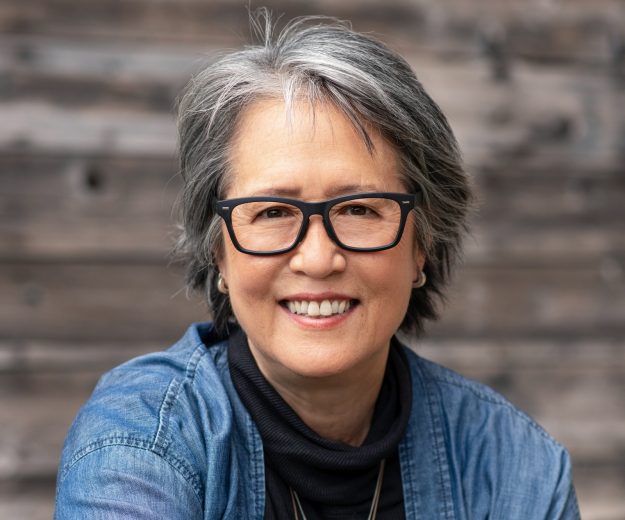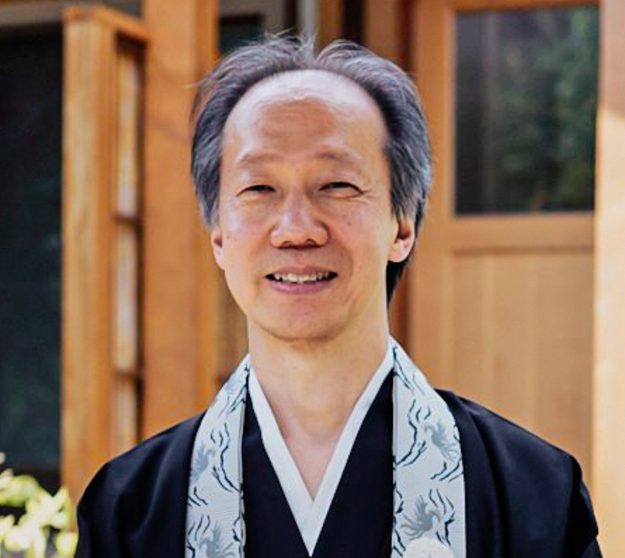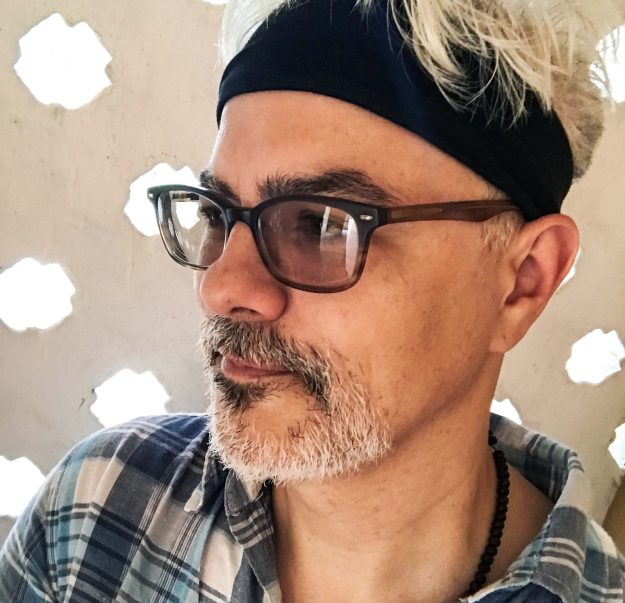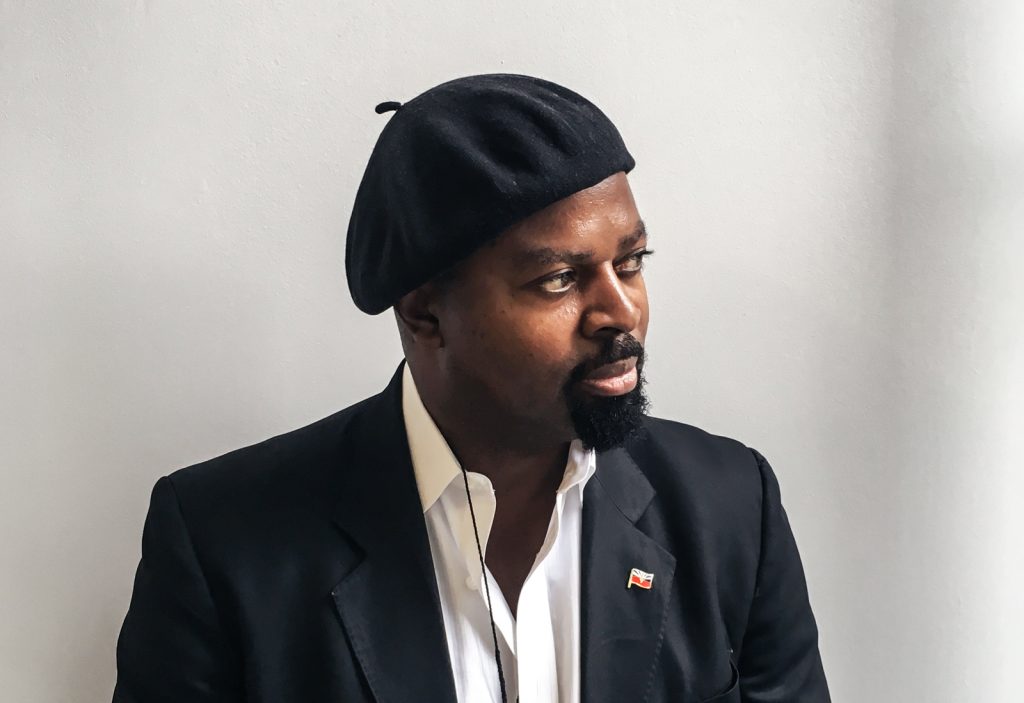Ben Okri
Ben Okri is a poet, novelist, essayist, playwright, and cultural activist. His writing uses “dream logic” to explore a multidimensional understanding of reality. Okri’s many works include An African Elegy, The Age of Magic, and the children’s book Every Leaf a Hallelujah. During Tricycle’s Buddhism and Ecology Summit in celebration of Earth Day 2022, he and novelist Ruth Ozeki discussed existential creativity and the role of the writer as a truth-teller of our time. “Writing in itself is an act of truth at its highest and at its best,” Okri says. “You’re dealing not only with the phenomenological world, the world of things and presences, but also with the level of the spirit.”

Ruth Ozeki
Ruth Ozeki is an author and Zen Buddhist priest. A longstanding Buddhist practitioner, Ozeki was ordained as a Soto Zen priest in 2010 and is currently affiliated with the Brooklyn Zen Center and the Everyday Zen Foundation. Her award-winning novels include My Year of Meats, All Over Creation, The Book of Form and Emptiness, and A Tale for the Time Being. In “Existential Creativity,” she joins author Ben Okri in a conversation on the writer’s responsibility to waken the collective. “How am I going to enact the bodhisattva vow?” Ozeki asks. “Delusions are numberless, I vow to end them. Fine. But how do I continue to get up every day and read the newspaper?”

Mark Unno
Mark Unno is a fourteenth-generation ordained Shin Buddhist priest and the Religious Studies Department head at the University of Oregon. He specializes in medieval Japanese Buddhism and is also interested in modern religious traditions in Japan and the relation between Buddhism and psychotherapy. In “The Awakening of Infinite Light,” Unno describes the essence of Jodo Shinshu, or Shin Buddhism, and how it’s both similar to other Buddhist traditions and unique. He writes, “Shin Buddhism arose specifically for those of us who live in the world of attachments and blind passions, so that the deepest realization of the dharma is made available to all of us.”

C. Pierce Salguero
A transdisciplinary scholar of health humanities, Pierce Salguero is a professor of Asian history and religious studies at Pennsylvania State University’s Abington College. He is a trained practitioner of traditional Thai medicine and holds a Ph.D. in the History of Medicine from Johns Hopkins. He recently published A Global History of Buddhism and Medicine. In his article, Salguero describes how a poisonous centipede in the rainforest around a Thai monastery illuminated that “it is precisely the integration of anatomical, physiological, energetic, emotional,
social, and spiritual levels that defines Buddhism’s approach to well-being.”
Thank you for subscribing to Tricycle! As a nonprofit, we depend on readers like you to keep Buddhist teachings and practices widely available.
